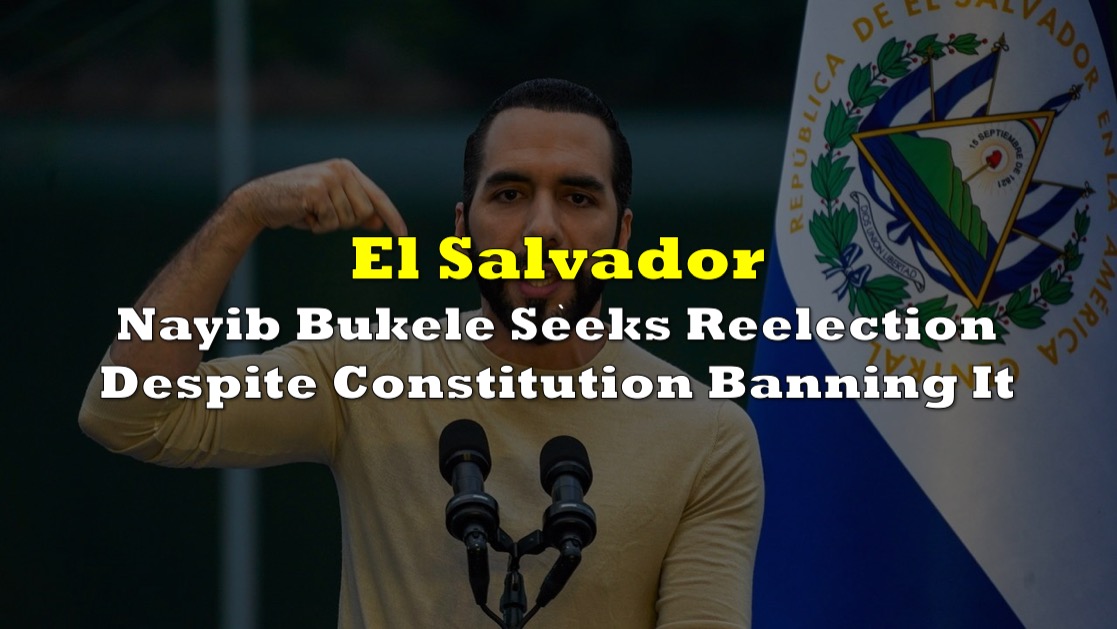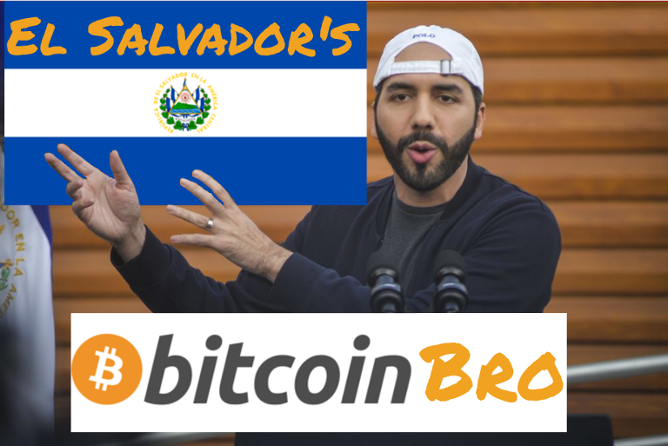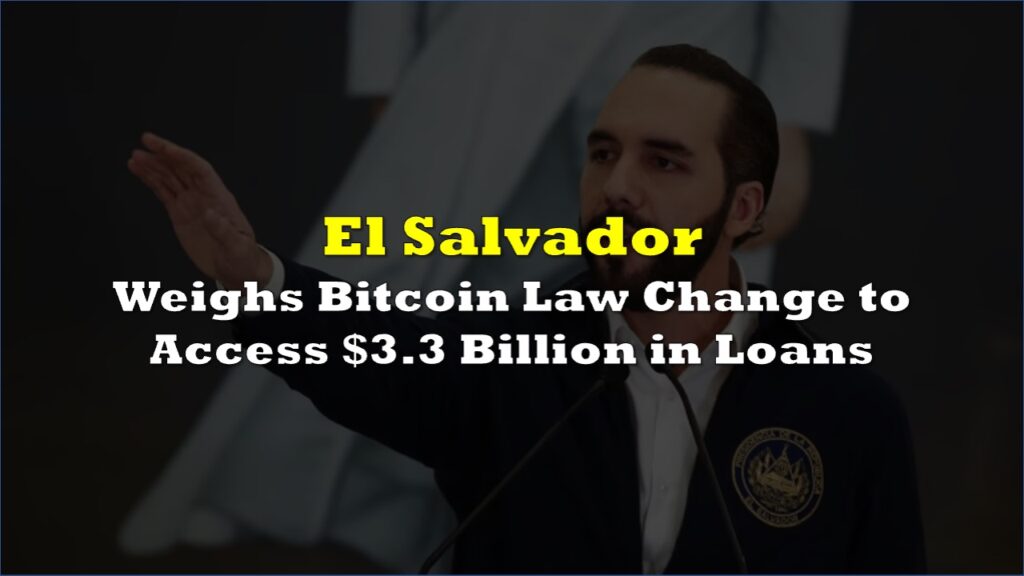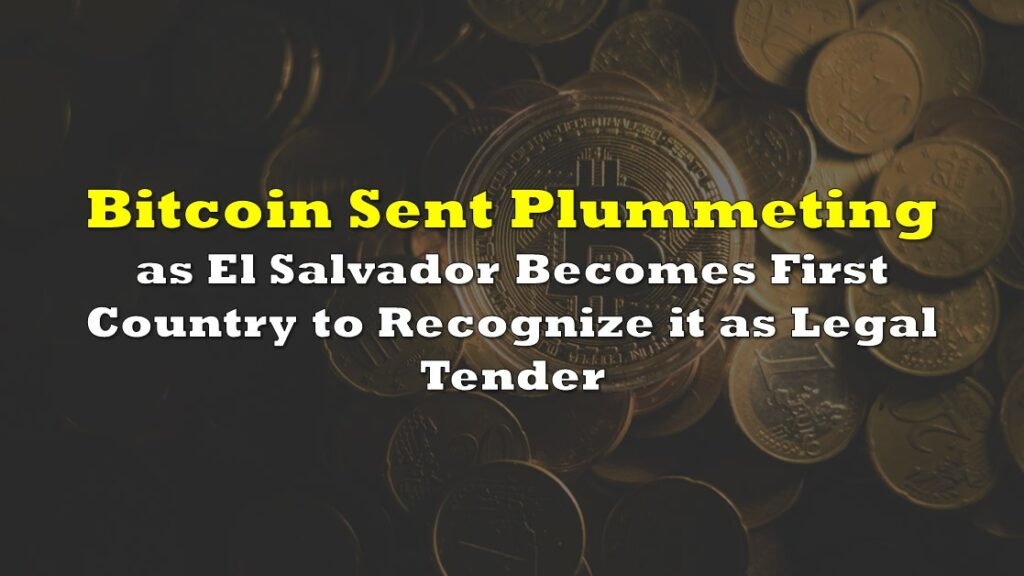El Salvador’s political landscape is stirring with controversy as President Nayib Bukele, despite constitutional constraints, gears up for a re-election bid. Bukele’s decision to run again has triggered concerns about democratic backsliding in the country, given the constitutional prohibition against presidents serving consecutive terms.
According to El Salvador’s constitution, Article 88 emphasizes the importance of the principle that a president cannot succeed himself for the maintenance of the established form of government. Violation of this norm, as stated in the constitution, makes “insurrection an obligation.”
Furthermore, Article 248 explicitly prohibits any amendment to the articles related to the form and system of government, territory, and the principle of a president not succeeding himself.
The Salvadoran constitution says that presidents should serve one term; that this limit can't be amended; and that if a president tries to serve a second term, "insurrection" becomes "an obligation."
— Jacob Silverman 🔋 (@SilvermanJacob) December 13, 2023
Nayib Bukele is running for re-election.https://t.co/R0XS5JNDvx pic.twitter.com/uKGV98I9VS
Bukele, who previously served as El Salvador’s president, stepped down to pursue a re-election bid, a move that has been met with both approval from voters and heightened concerns from critics about the erosion of democratic principles. The upcoming February presidential election is expected to see Bukele as the frontrunner, with a recent poll indicating a staggering 90% approval rating, attributed to his tough stance on gangs.
During his first term, Bukele faced criticism for unconventional policy decisions, including making bitcoin legal tender and ordering the military to pressure lawmakers over security funding. Despite these controversies, his crackdown on crime resulted in a significant reduction in homicides, earning him widespread popularity.
However, democracy activists argue that Bukele’s bid for re-election violates the constitutional ban on consecutive terms. The country’s constitutional court, in 2021, ruled that consecutive terms were permissible if the sitting president stepped down six months before an election, a decision that has been controversially reinterpreted.
Bukele’s tenure has also seen shifts in international relations, particularly with the United States. After initial tensions, Bukele is now openly seeking a new debt deal with the International Monetary Fund, with the outcome depending on changes in U.S. government policy towards El Salvador.
Despite concerns about potential economic challenges in a second term, Bukele’s popularity remains high, raising the possibility of El Salvador becoming a de facto single-party state. His political maneuvers, including the controversial reinterpretation of constitutional articles, have fueled speculation about the future trajectory of the country’s democratic institutions.
Information for this briefing was found via Financial Times, The Economist, and the sources mentioned. The author has no securities or affiliations related to the organizations discussed. Not a recommendation to buy or sell. Always do additional research and consult a professional before purchasing a security. The author holds no licenses.









